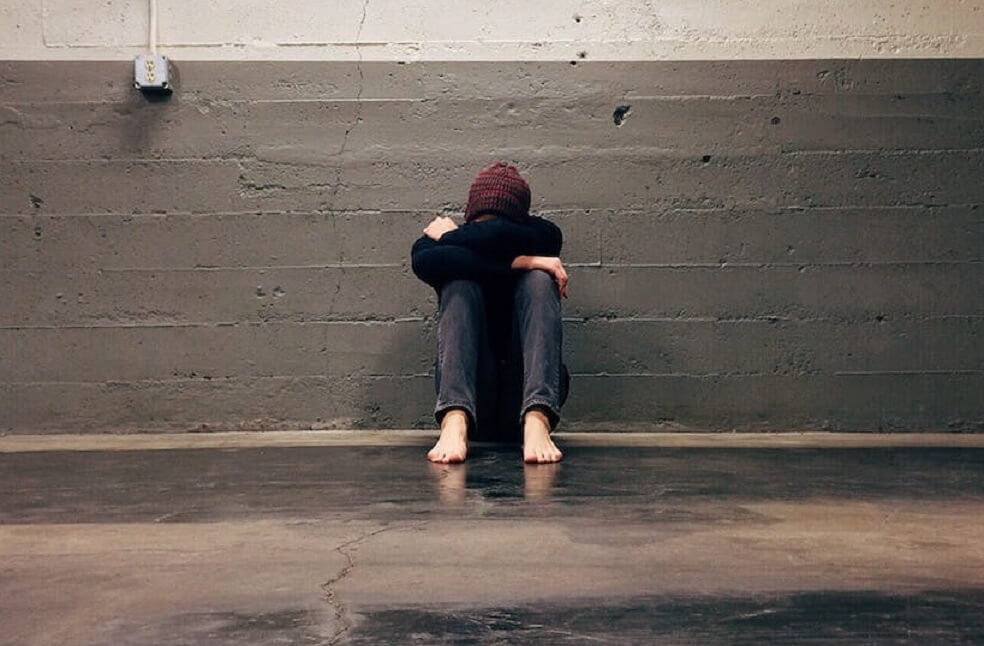Australia: The recently published 2023 Global Slavery Index has stated that North Korea, Eritrea, and Mauritania rank as the countries with the highest prevalence of modern slavery in the world.
The report indicated that an estimated 50 million individuals were living in situations of modern slavery in 2021, marking an alarming increase of 10 million since the last measurement in 2016. Of this figure, approximately 28 million people were subjected to forced labor, while 22 million individuals lived in forced marriages.
The report attributes the deteriorating situation to a range of factors, including escalating armed conflicts, widespread environmental degradation, and the impact of the coronavirus pandemic. These developments have contributed to a more complex and challenging landscape globally.

The Global Slavery Index, compiled by the human rights charity Walk Free, defines modern slavery as encompassing various forms of exploitation, such as forced labor, forced or servile marriages, debt bondage, forced commercial sexual exploitation, human trafficking, slavery-like practices, and the sale and exploitation of children. At its core, modern slavery entails the systematic denial of individuals’ freedom, ranging from the right to choose or refuse work to the freedom to decide on matters of marriage.
According to the report’s benchmark, reclusive and authoritarian North Korea ranks at the top with the highest prevalence of modern slavery, with a rate of 104.6 victims per 1,000 population. It is followed by Eritrea (90.3) and Mauritania (32), which only outlawed hereditary slavery in 1981, becoming the last country to do so.
The ten countries with the highest prevalence of modern slavery share common characteristics, including limited protections for civil liberties and human rights. Many of these countries are situated in volatile regions marked by conflict or political instability, and they often host large populations of vulnerable individuals, such as refugees or migrant workers.



